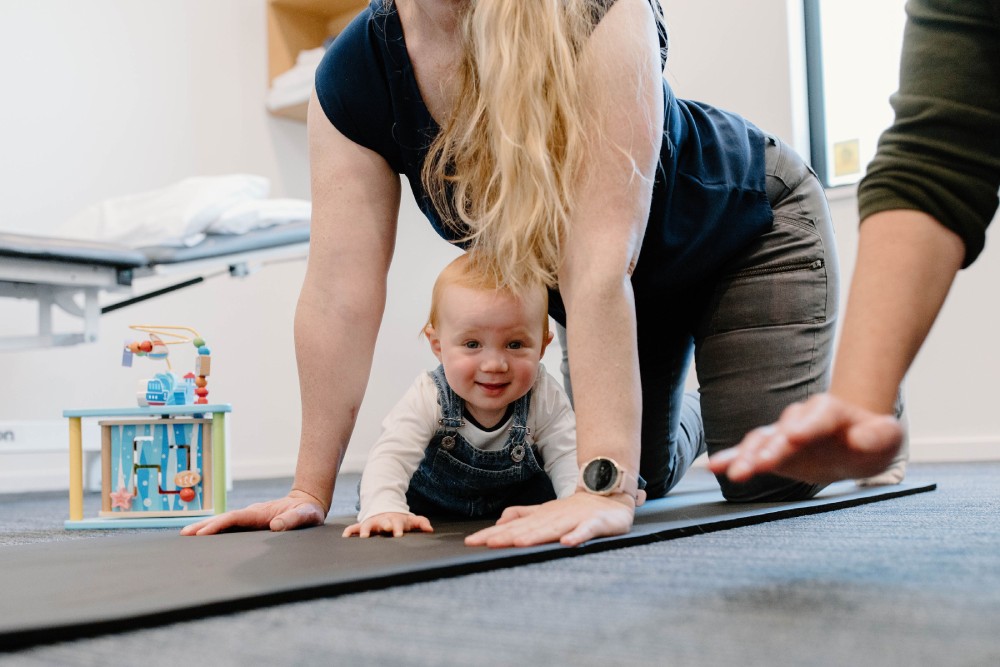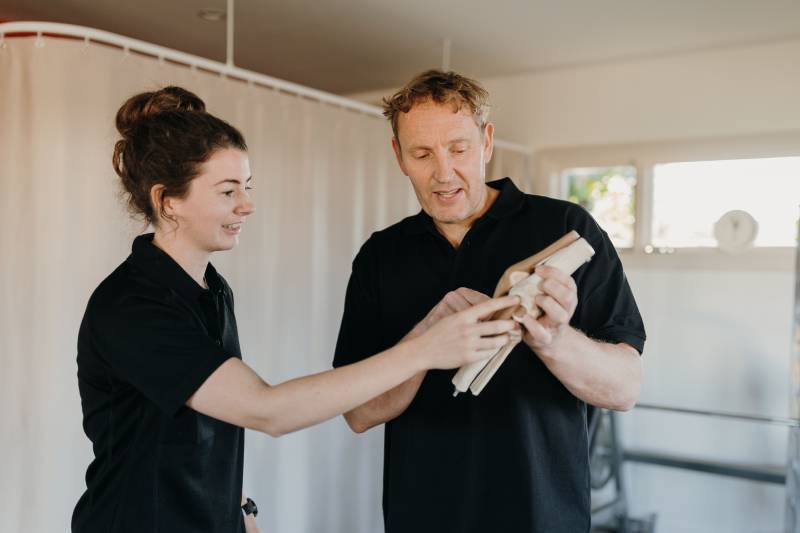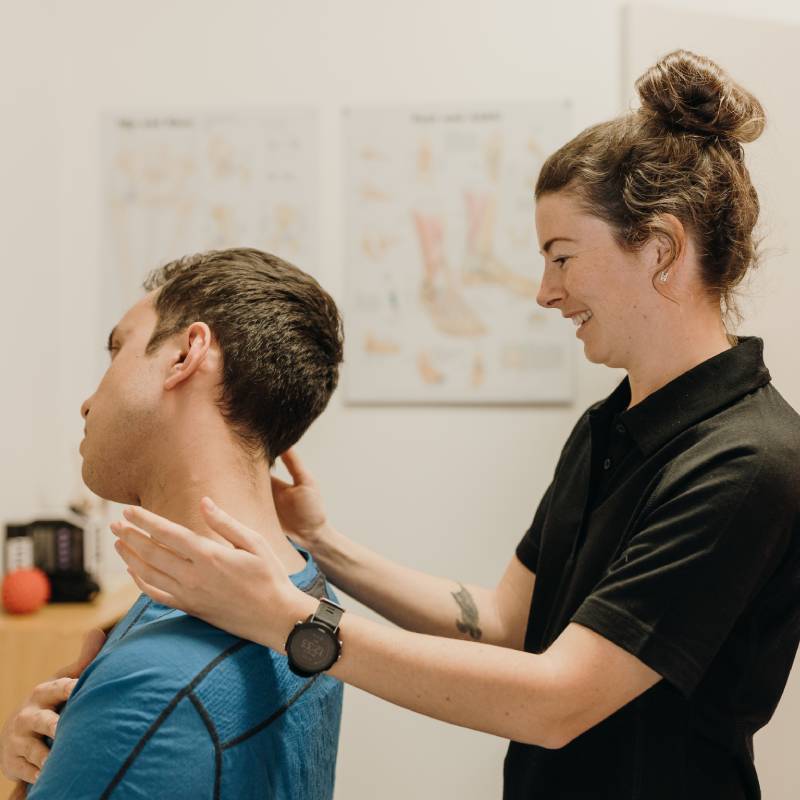Every woman has their own unique experience through pregnancy, labour, and birth. After growing your baby from conception to giving birth, vaginally or via c-section, your body has gone through an incredible journey. So many lovely mums put up with problems like urinary incontinence, prolapse, bowel problems or back issues because they think it’s just part of having a baby, or because they end up not prioritising their own health.
This is why we believe every woman should have a pelvic health check after having a baby. In some countries this is already part of standard care. At Liberty we provide a comprehensive postnatal assessment to address all your postnatal needs and concerns.
It can be tempting to get straight back into exercise after having your baby, however, it can lead to a host of problems if you go back too early, or without the support your body needs. Our expert physiotherapists can help you return to exercise in a safe and progressive manner, setting you up for long term health.
Our expert team can help you with
- Returning to exercise safely after having a baby
- Urinary incontinence or urgency
- Bowel issues such as incontinence, urgency, or constipation
- Pain with intercourse
- Pelvic organ prolapse. This can present as a bulging or dragging feeling in the pelvis
- Back, hip, or pelvic pain
- Diastasis recti or tummy muscle separation
- Rehabilitation post perineal tear
- Scar management, including c-section, perineal or vaginal scars.
- Mastitis treatment
- Coccyx pain
What to expect at a postnatal assessment
During your first appointment extra time is allocated to do a thorough history. We need to know about your past health and current health to help provide the best quality care.
We may ask you questions about:
- Your pregnancy and birth
- Any pain you are currently experiencing
- Bladder and bowel function
- Medical, gynaecological, and surgical history
- Birthing history
- Sexual function
- Dietary habits
- Exercise
- Goals
A thorough physical examination is then performed which may include assessment of:
- Posture
- Breathing mechanics
- Musculoskeletal assessment
- Biomechanical assessment
- If appropriate an assessment may include an internal vaginal or rectal examination. These examinations allow us to make an accurate diagnosis which leads to effective treatment. If an internal examination is required, your pelvic health physiotherapist will talk you through the process and only proceed if you feel comfortable.
ACC Maternal Birthing Injuries
On October 1st, 2022 ACC started covering injuries caused by the internal force of giving birth vaginally. If you have given birth on or after October the 1st 2022 and experienced an injury, it is likely you are eligible for ACC coverage.
For more information on this see our blog on ACC Maternal Birthing Injuries







